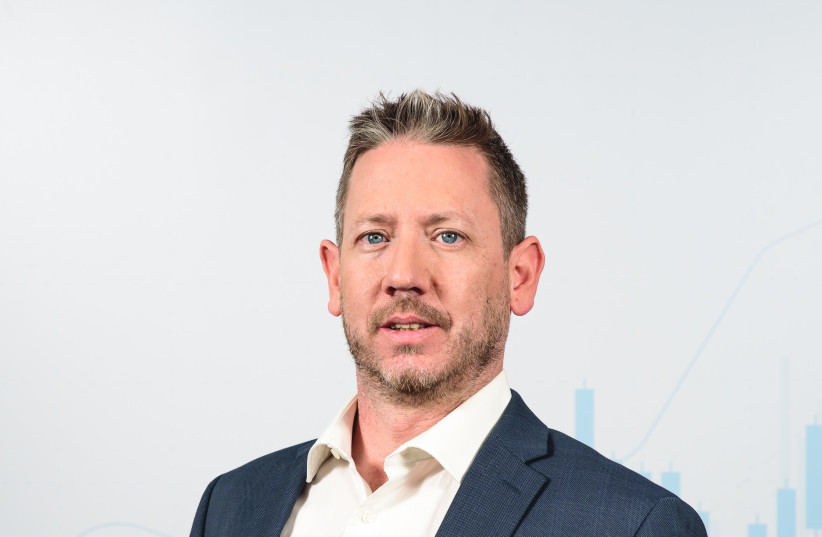Lately, the US Securities and Exchange Commission (SEC) displayed new regulations mandating public companies to disclose climate-related risks and emissions data, the imperativeness that businesses factor climate concerns into their strategies, addressing investor calls for transparent information on managing such risks.
Considering this, the obvious question arises: How does this legislation impact Israeli companies?
Many Israeli companies are SEC public and have already begun preparations to align their operations with the regulation. Other Israeli companies, including private and public, although not directly affected by this regulation, have started to assess the integration of ESG considerations into their strategies and operations.
For the first time, PwC Israel surveyed organizations across various sectors in the country, and among the main findings is that while most organizations are involved in sustainability projects (74%), ESG considerations have limited influence on decision-making processes in over two-thirds of the surveyed companies. Also, roughly half of the organizations surveyed have established ESG goals, with reducing greenhouse gas emissions as a primary focus.
However, many organizations still lack a complete understanding of the significance of ESG. And one of the insights is that public companies show greater engagement in promoting ESG goals (66%) compared to private companies (34%). These findings emphasize the ongoing challenge of fully embedding ESG principles into the business practices of Israeli companies.
Israeli companies should embrace ESG
Israel has yet to embrace extensive legislation similar to the US climate law and the European regulation (CSRD), which currently mandates limited disclosures for listed companies concerning risk management, including environmental risks. Despite this delay in ESG awareness, global investors increasingly focus on ESG-related factors. Therefore, it's essential for Israeli companies to proactively prepare for this shift in purpose to remain relevant in investing while navigating the ESG landscape.

It is crucial to take operative steps to make this discourse more tangible in Israel and to embark on a journey through the worlds of investments and ESG. The first step will be integrating ESG within a business strategy.
Leaders must question the long-term ESG risks and opportunities, prioritizing the integration of profit and purpose. They must reassess the dangers conventional models pose and explore opportunities for sustainable growth.
Second, by demonstrating the long-term benefits of ESG, as studies suggest, investors are willing to sacrifice short-term profits for long-term gains. Companies should invest in addressing ESG issues, even if it affects short-term profitability. This may involve supply chain changes, reducing carbon-intensive practices, and adopting climate risk assessment tools.
Technology is vital
Finally, maintaining consistent and reliable reporting requires transparent sustainability data, which is essential for organizations to act according to their ambitions and gain investors' trust. In this context, technology is vital.
However, its efficiency depends on precision, measurability, and pairing with expertise.

To ensure progression in the field, companies should take additional steps to reassure investors, setting a clear strategy that addresses relevant issues, reliable reporting on non-financial data, and setting significant goals, as well as presenting readiness for future regulation and showcasing ESG credentials in early stage.
Businesses can demonstrate their readiness to deliver sustained commercial and societal value, ensure a competitive advantage and attract new investors.
ESG-related content is not only gaining momentum but is also at the center of the investment world. Therefore, Israeli organizations seeking to be leaders in their fields are required to prepare for ESG compliance.
Eran Raz is a partner and head of the risk management and forensics department at PwC Israel and Mor Lehrman is the company's manager of the ESG practice. Together, they led the first report of its kind in Israel, which examined the perception of ESG among public and private companies in Israel and the differences between the perception of the field in Israel versus other parts of the world.
